
Strategic Priorities
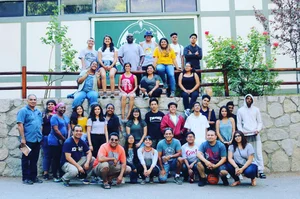
Responding to Emerging Human Relations Issues & Cultural Shifts
Human relations in Los Angeles County are constantly shifting, continually confronting us with new challenges and offering new opportunities. The county ordinance establishing the LACCHR requires that we address discrimination and inequity broadly. To fulfill this assignment, we must maintain awareness and agility in identifying and responding to human relations issues and cultural shifts as they emerge.
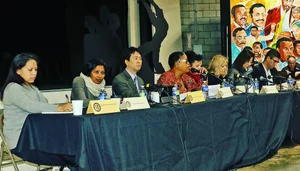
Increasing Equity and Justice in LA County’s Criminal Justice Systems
Racial discrimination and other inequities in our criminal justice systems are among the greatest barriers to our mission of “transforming inequity into justice.” Fundamental human rights are at issue when the likelihood of police misconduct, violence, or recidivism in LA County is tied to one’s race, gender, disability, or other protected characteristic. We must build on our seminal report, Redefining Policing with Our Community, to break the cycle of incarceration by addressing root causes of violence in LA County and investing in communities suffering from violence, denounce racial and identity profiling among other police practices that undermine positive police-community relations and have triggered the largest episodes of violence in the history of Los Angeles, uplift the community safety continuum that includes non-police agencies responding to crises and addressing the challenges experienced disproportionately by people of color, especially those who are justice-involved, challenge systemic discrimination in our school disciplinary systems which have led to the overrepresentation of young people of color in the school-to-prison pipeline, and must invest in building community safety strategies that center trauma-informed and harm-reduction approaches in crisis management and conflict resolution.
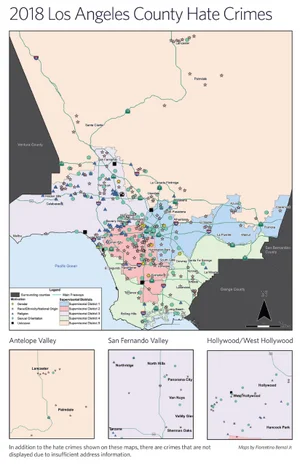
Documenting, Preventing, and Responding to Hate
We must make sure our leadership and communities understand hate-motivated hostility, including hate crimes and incidents, and act to effectively prevent and respond to it in transformational and socially responsible ways. “Transforming hostility into peace” requires that we build on and advance beyond current efforts. We must demonstrate and replicate effective prevention and response strategies in affected neighborhoods and communities, develop restorative justice programs, and create intergroup solidarity by ensuring a message of unity and peace from affected communities.
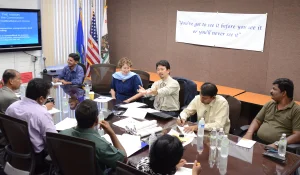
Engaging Internal and External Stakeholders with a Comprehensive Communications Strategy
In order to fulfill its mission and vision, the Commission needs to develop a greater ability to assert and protect the fundamental human rights of vulnerable populations, especially during times of crisis. We can do so by increasing the visibility, awareness and support of our Commission’s work among key stakeholders and the public and ensuring our programs are based on relationship building, practice-based evidence, and evidence-based practices. We aim to integrate human rights education and advocacy into our work, increase human relations proficiencies among staff, and promote such proficiencies in our department and throughout county government
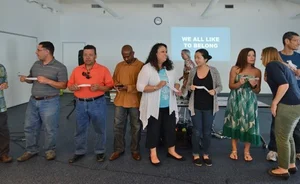
Build Capacity of LA County Agencies, Cities, and Organizations to Advance Equity and Promote Positive Human Relations
To have a greater impact with limited staff resources in such a large and populous county, we need to increasingly build the capacity of communities and institutions, and away from service delivery-oriented projects that are dependent on our individual staff relations and skills and cannot be institutionalized or replicated in other contexts. As the County’s Human Relations Commission, we need to strengthen our leadership among the other governmental and non-governmental human relations agencies in our county. Sharing resources and information can produce impactful results and increase coordination and collaboration on key issues and solutions. Education and training are important parts of capacity-building work.